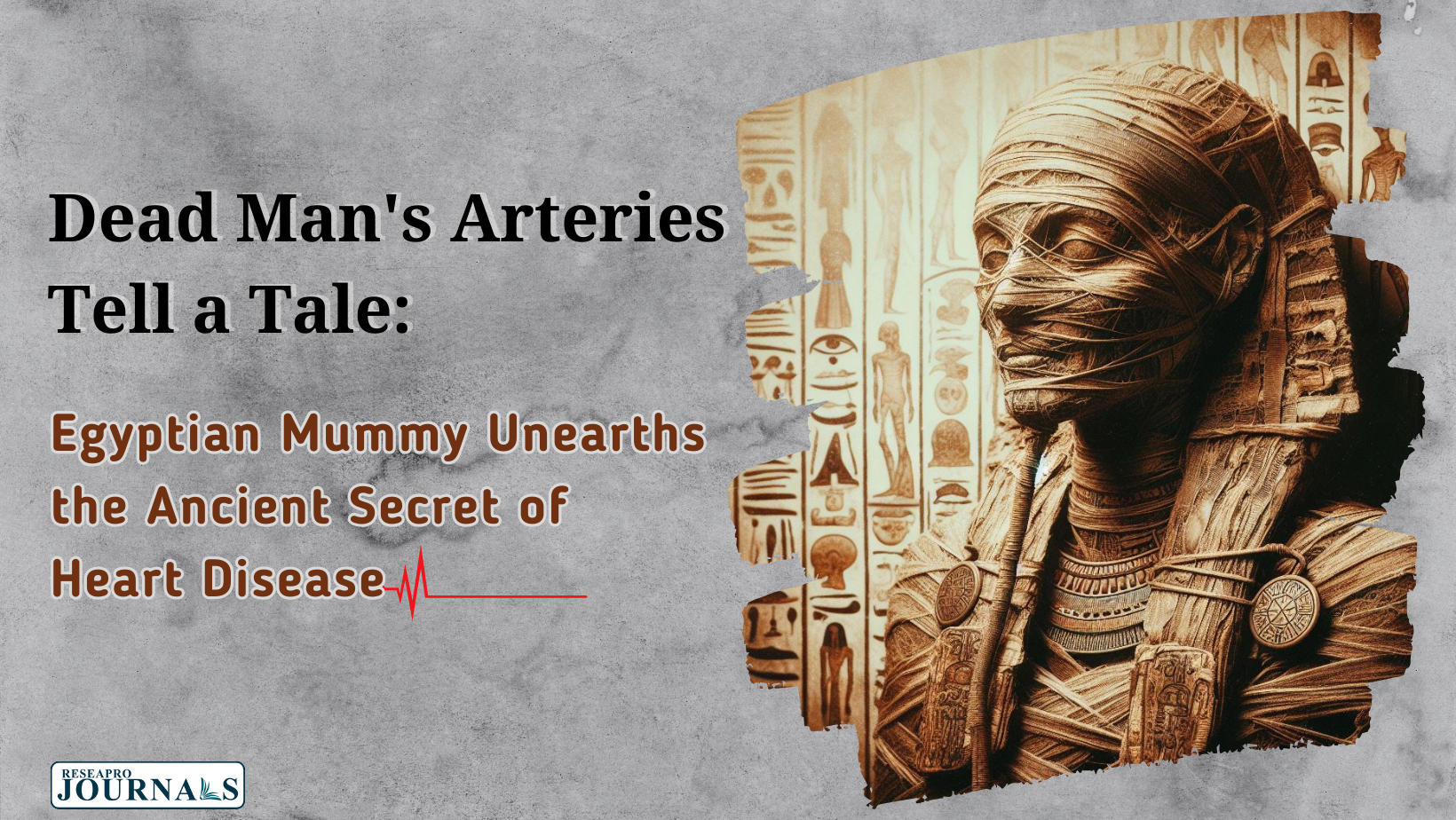For ages, Egyptian mummies have enthralled us with their mysteries and hints of a forgotten civilization trapped in the sands of time. However, these stories are more than simply whispers; they are testaments to human tenacity, cultural norms, and even…heart disease.
That’s correct! An Egyptian mummy provides the oldest evidence of atherosclerosis, which is a significant cause of heart attacks and strokes. This remarkable study calls into question our notion of heart disease as a contemporary disease, demonstrating its insidious existence even before fast food and sedentary lifestyles emerged.
Unearthing the Atherosclerosis:
In 2009, researchers utilized advanced CT scans to examine the hearts and arteries of 20 mummies. The findings were startling: over half exhibited symptoms of atherosclerosis, with hardened plaque formation similar to present instances. This was not an isolated incident; subsequent research verified the disease’s widespread prevalence among ancient Egyptians.
How does this relate to our current situation?
This historical data sheds new light on the causes and prevention of heart disease. It shows that variables other than current lifestyle choices, such as heredity and food, have a substantial impact.
Dietary Clues:
The ancient Egyptian diet, rich in grains, animal fats, and salt, might have contributed to their susceptibility to atherosclerosis. This finding emphasizes the importance of a balanced diet for heart health, even though specific dietary recommendations have evolved over time.
Genetic Predisposition:
The presence of atherosclerosis in mummies across different age groups and social classes hints at a possible genetic component. This underscores the need for personalized approaches to heart disease prevention, considering individual risk factors.
Beyond the Tombs:
Mummies are more than simply a source of historical interest. It is about leveraging old knowledge to guide modern treatment. Understanding the risk factors that afflicted our forefathers allows us to devise more effective techniques for combating heart disease today.




